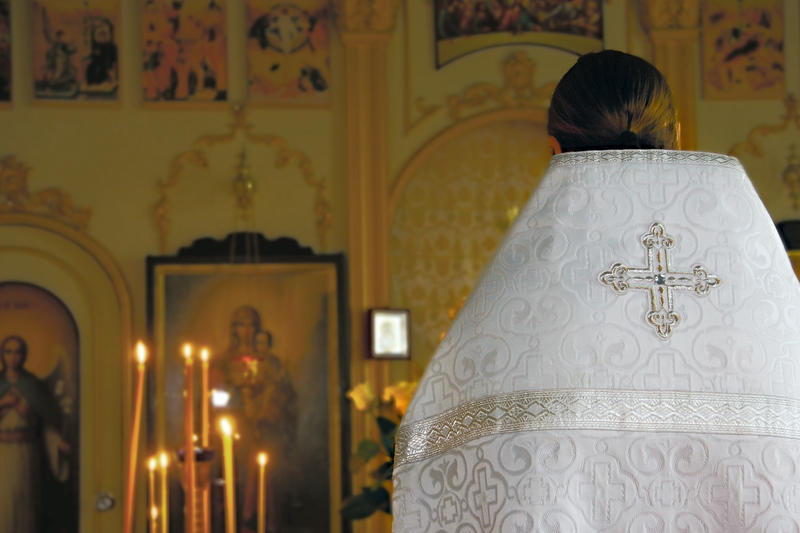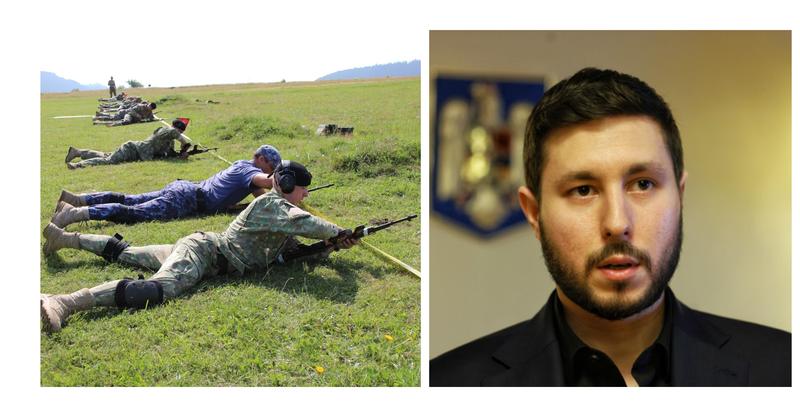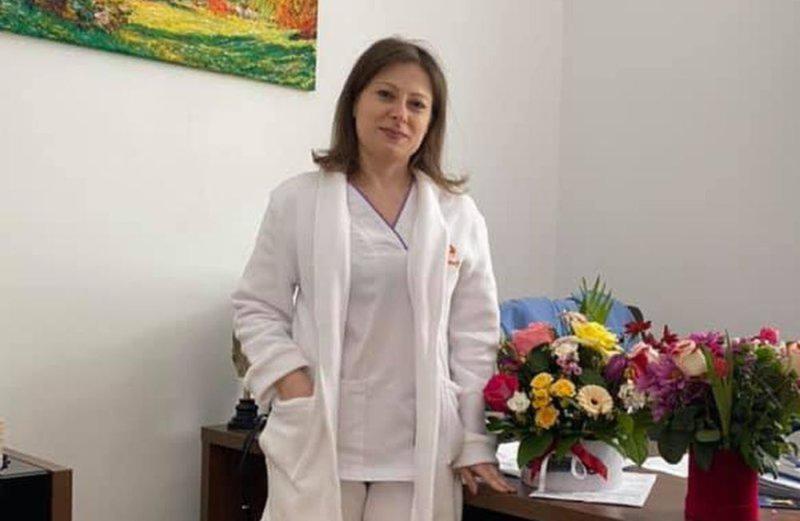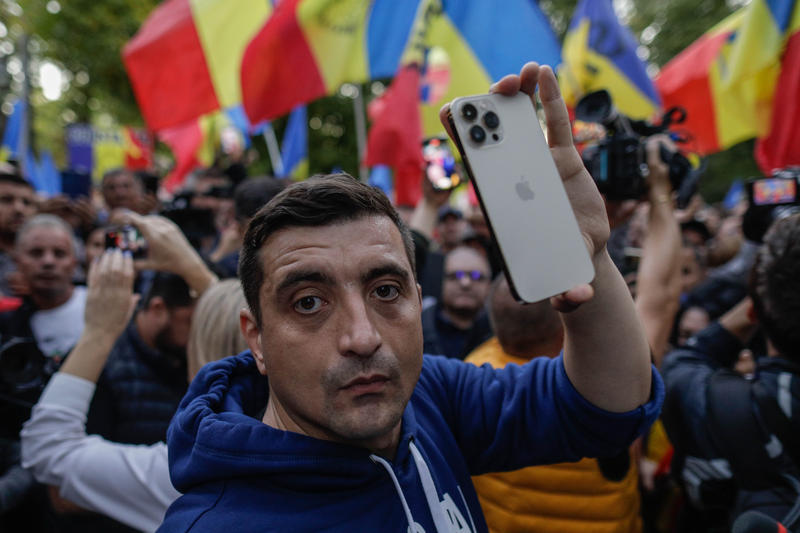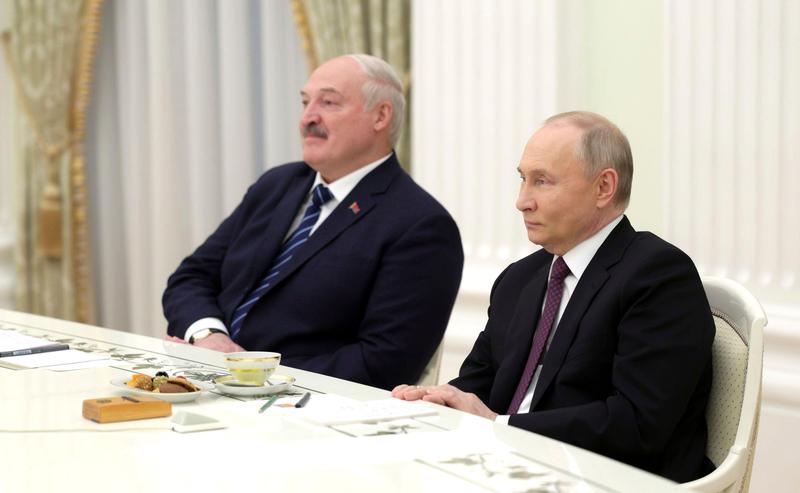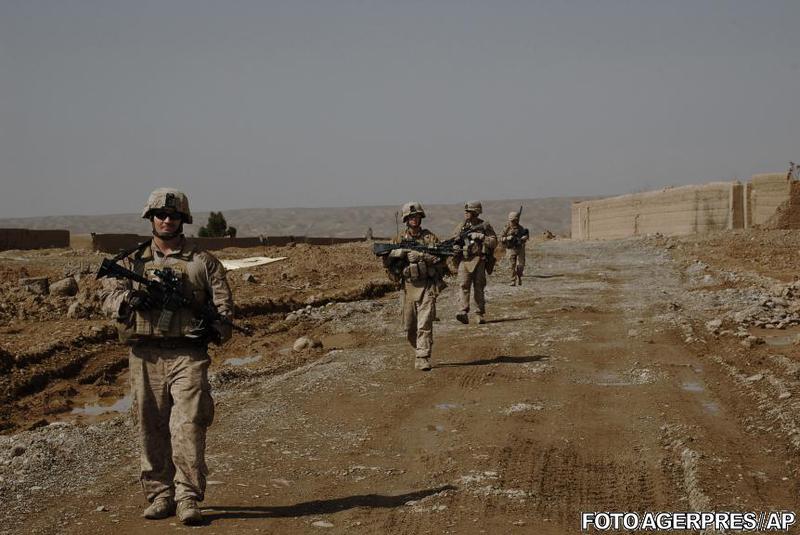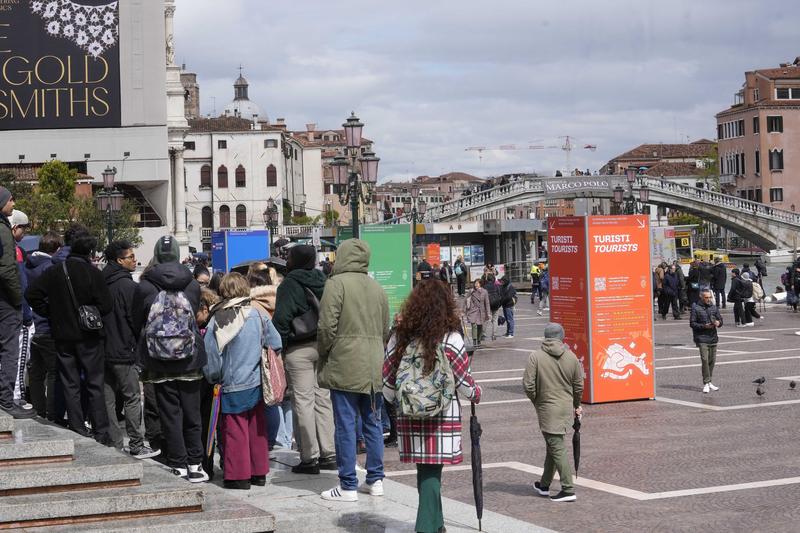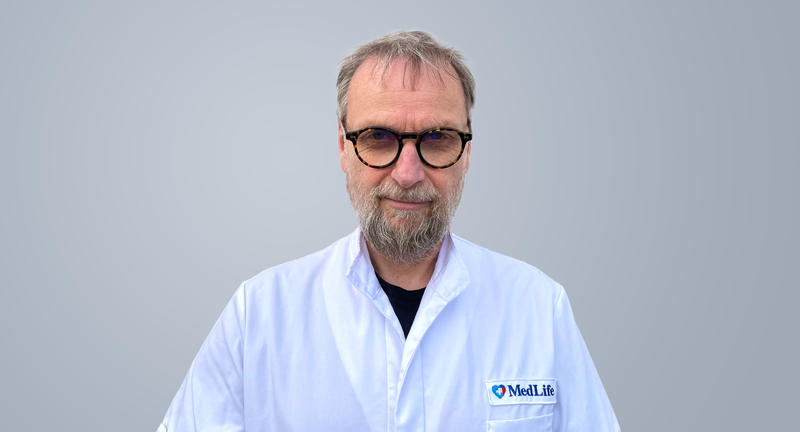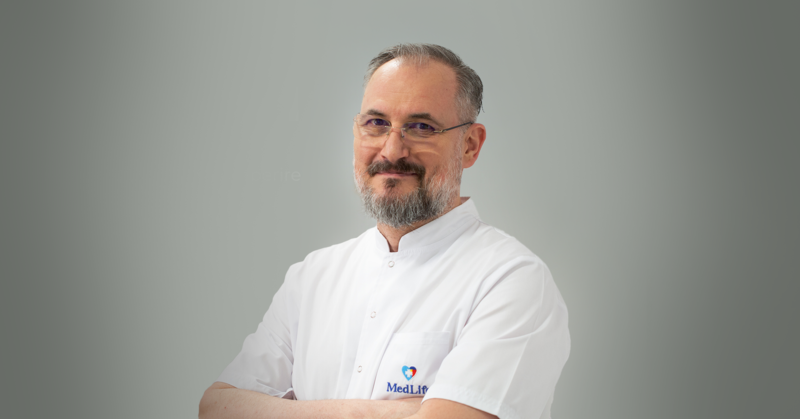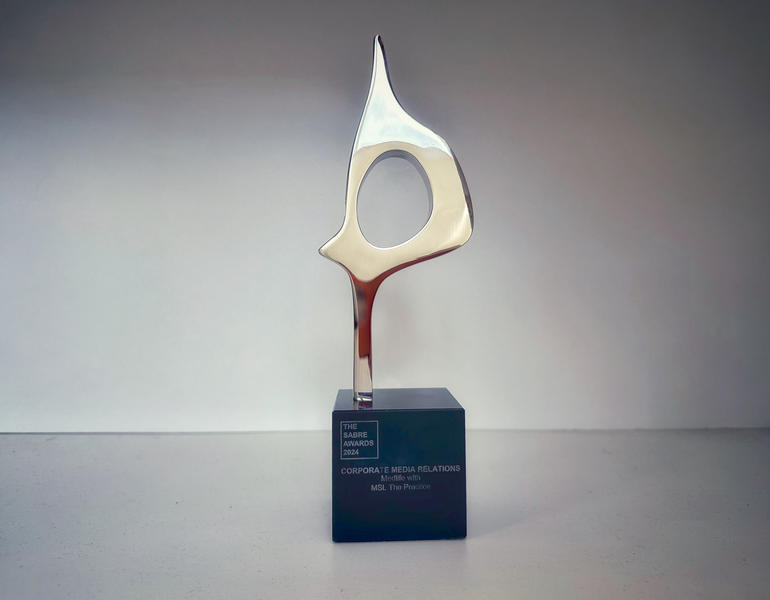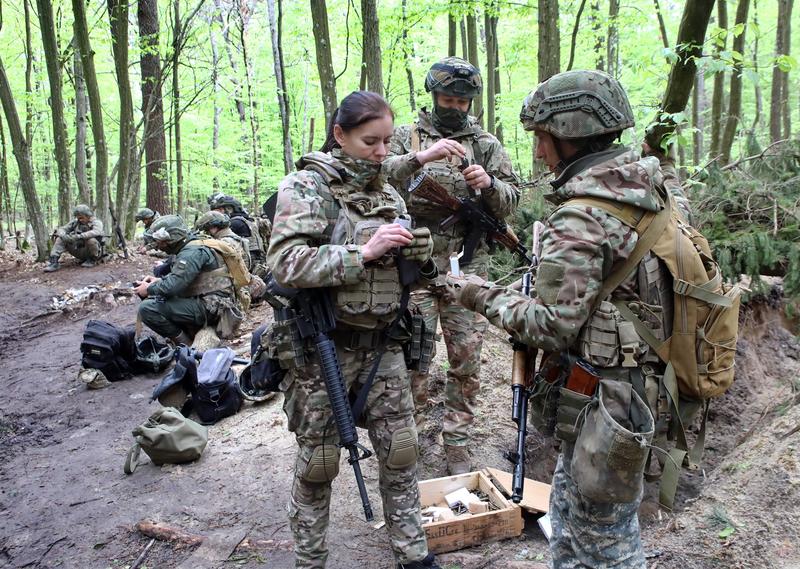Victoria Nuland, subsecretar de stat american pentru Afaceri Euroasiatice, a lansat joi un atac extrem de dur la adresa unor lideri politici din Europa centrala fara a-i numi, oficialul american acuzandu-i ca, in timp ce noaptea dorm linistiti sub patura NATO, ziua oprima presa si societatea civila, protejeaza parlamentarii corupti de anchetele si nu tin cont de Parlament cand interesul cere sau vorbesc de democratie neliberala. Desi nu-i numeste pe acei lideri din Europa centrala, indicatiile date de Nuland duc catre Victor Orban si Victor Ponta. De notat ca Ponta a avut saptamana trecuta o intalnire chiar cu Nuland. In discursul sau, Nuland a vorbit despre doua cancere care macina aceste tari din Europa centrala: coruptia si derapajul antidemocratic.
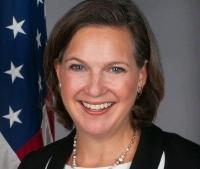
De asemenea, discursul subsecretarului de stat american vine in momentul in care in Romania are loc unul dintre cele mai mari scandaluri de coruptie din istoria moderna a tarii, "Dosarul Microsoft", unde multinationale importante si politicieni si-au dat mana pentru fraudarea statului cu sute de milioane de euro. In dosar apar numele mai multor ministri, dar si al premierului Ponta.
Mai mult, Opozitia acuza PSD-ul ca tergiverseaza intentionat procedurile parlamentare in dosarul Microsoft pentru a-l apara pe premierul Victor Ponta. ACL arata, intr-un comunicat de presa, ca parlamentarii PSD blocheaza activitatea Senatului si Camerei Deputatilor, care ar trebui sa dea avizul pentru inceperea urmaririi penale pentru noua fosti ministri - un dosar in care un martor anonim a adus in discutie si numele lui Victor Ponta.
Presedintele SUA considera ca Ungaria este, alaturi de state precum Egipt, una dintre tarile unde societatea civila este supusa intimidarilor, potrivit transcriptului unui discurs sustinut de Barack Obama marti publicat de Casa Alba.
"Din Ungaria pana in Egipt, legiferari continue si intimidari fatise vizeaza societatea civila", a spus Obama la Global Initiative a fostului presedinte Bill Clinton, in New York. Ungaria a fost criticata si de alti oficiali americani de rang inalt in trecut.
De asemenea, in aprilie 2014, Victora Nuland, asistent al secretarului de stat american pentru afaceri europene si eurasiatice, spunea ca in unele tari din centrul, estul Europei si Balcani se observa o "tendinta ingrijoratoare ca aspiratiile cetatenilor sa fie calcate in picioare in interesul oligarhilor corupti", care "isi folosesc banii si influenta pentru a inabusi opozitia politica, pentru a cumpara politicieni si mass-media, pentru a slabi independenta justitiei si drepturile ONG-urilor".
Extrase din discursul Victoriei Nuland:
- In Europa Centrala, cetatenii s-au ridicat pentru dreptul de a organiza alegeri libere; au construit institutii puternice, independente, si au incurajat societatea civila si mass-media.
- Cetatenii au facut munca grea de reformare a economiilor, stabilizarea monedelor nationale, privatizarea industriilor ineficiente, deschiderea pietelor fortei de munca si accesul investitiilor straine . Pe scurt, ei au restaurat democratia liberala in inima continentului.
- Traim intr-o lume mai buna, deoarece tarile din Europa Centrala au ales calea unei Europe libere si pacifiste acum 25 de ani.
- Astazi insa, alegerea lor este in pericol, si Europa Centrala este din nou pe front, in lupta pentru a proteja securitatea si valorile noastre europene comune. Si astazi,lupta este din nou atat pe pe plan extern, cat si intern.
- Victoria Nuland vorbeste despre conflictul din Ucraina si pericolul reprezentat la adresa democratiei europene de pozitia Rusiei aratata prin imixiutiunea in problemele interne ale Ucrainei si prin anexarea Crimeei.
- In Europa Centrala astazi, as spune, amenintarile interne la democratiei si libertatii sunt la fel de ingrijoratoare. In intreaga regiune, cancerul regresului democratic si coruptia ameninta visul urmarit de atat de multi oameni care au luptat pentru el in 1989
- Avem lideri politici din europa centrala care profita de avantajele de membri NATO si UE, gasim liderii din regiune, care par sa fi uitat de valorile pe care se bazeaza aceste institutii.
- Asa ca i-am intreba pe acesti lideri: Cum puteti sa dormiti dumneavoastra sub patura articolului 5 al NATO in timp ce vorbiti deschis despre "democratie neliberala", teorie impinsa pana la ultranationalism; restrictionarea presei libere sau demonizarea societatii civile?
- As intreba acelasi lucru despre protejarea oficialilor corupti de urmarirea penala; ignorarea Parlamentulului cand va este convenabil sau protejarea afacerilor murdare care cresc dependenta tarilor dumneavostra de o sursa de energie straina, in ciuda politicilor declarat liberale.
- Dupa cum a mentionat presedintele Obama, guvernele opresive "reprezinta cele mai rele practici pentru a slabi societatea civila." Ele isi submineaza propriul neam pe linia de securitate, libertate si prosperitate...
Premierul Victor Ponta, aflat in SUA cu ocazia Adunarii Generale a Organizatiei Natiunilor Unite, s-a intalnit cu Victoria Nuland, subsecretar de stat american pentru Afaceri Euroasiatice, cu care a discutat despre consolidarea Parteneriatului Strategic dintre Romania si Statele Unite ale Americii, potrivit Mediafax.
Guvernul precizeaza, intr-un comunicat, ca a fost discutata si modalitatea concreta de sprijin din partea Romaniei pentru coalitia internationala impotriva gruparii Statul Islamic.
"Victor Ponta a condamnat ferm si fara echivoc actele de teroare comise de gruparea Statul Islamic, fiind nevoie de eforturi coordonate la nivel regional si international pentru eradicarea acestei organizatii care atenteaza grav la stabilitatea si securitatea regiunii", se afirma in comunicat.
Discursul integral in engleza al Victoriei Nuland:
Thank you, Wess, for that introduction. It's good to be here with you today with Minister Lajcak. Like me, Miro is still recovering from UNGA, the "World Cup" of diplomacy; or as we like to say at State: the diplomatic equivalent of speed dating. Our thanks to CEPA for your great work to strengthen our transatlantic bond with Central Europe. In just 9 years, CEPA has become the "go-to" think tank in Washington for those who care about a democratic, prosperous, secure Central Europe.
This fall, as we celebrate the 25th anniversary of the fall of the Berlin Wall, we are also reminded that two and a half decades ago, the countries of Central Europe inspired the world by seizing a moment of hope and transforming it into freedom and opportunity for tens of millions of people.
Across Central Europe, citizens stood up for the right to hold free elections; they built strong, independent institutions; and fostered civil society and a vibrant media.
They did the hard work of reforming their economies, stabilizing currencies, privatizing inefficient industries, opening up labor markets, and welcoming foreign investment. In short, they restored liberal democracy to the heart of the continent.
And they proved the skeptics wrong. In successive waves of NATO and EU enlargement 5, 10 and 15 years ago, they extended the boundaries of our Euro-Atlantic family and the values it represents.
We live in a better world because the countries of Central Europe chose the path of a Europe whole, free and at peace 25 years ago. But today that choice is under threat, and Central Europe is once again on the frontline in the fight to protect our security and values. And today, that fight is once again both external and internal.
Let's look at these in turn.
First, the external threats: President Obama said in New York last week Russia's aggression in Ukraine threatens to take us back to the days when large countries could trample small ones at will. Because the countries of Central Europe understand the danger better than most, almost all of them have been among the strongest and most generous in support of Ukraine's right to choose its own future, and live in a more democratic, clean, free and prosperous country.
They have offered assistance and advice to Ukraine, security support, and even, as Slovakia has done, reversed the flow of gas to help fill Ukraine's winter storage tanks. And most have been strong advocates inside the EU for the sanctions the Transatlantic community has put on Russia for its actions.
Today we must maintain that solidarity with Ukraine and unity within the Transatlantic community. Implementing sanctions isn't easy and many countries are paying a steep price. We know that. But history shows that the cost of inaction and disunity in the face of a determined aggressor will be higher. The history of Central Europe itself teaches us that. So when leaders are tempted to make statements that tear at the fabric of our resolve, I would ask them to remember their own national history, and how they wished their neighbors had stood with them.
Ukraine is working hard to promote peace and change to meet its people's expectations. It is fulfilling its commitments under the September 5 Minsk agreement—it passed amnesty legislation, a special status law for the east, and is working with Russia to demarcate the special status zone.
Now Russia and its proxies must do their part - withdraw their forces and all the heavy weapons that have flooded the east, restore Ukrainian sovereignty on the international border, withdraw heavy weapons there too, and return all the hostages—notably, including Nadiya Savchenko and Oleg Sentsov. When the Minsk agreement is fully implemented, we can and will begin to roll back some sanctions. It is in Russia's hands when that day comes.
Every country in the CEPA space has made tough sacrifices. And as you stand with Ukraine, we stand with you. The United States' commitment to NATO's Article 5 is unwavering. As President Obama said at Tallinn, "we will defend our NATO Allies, and that means every Ally." Our allies, in turn, are working to fulfill the pledge they made at Wales to reverse the decline in defense spending.
Even as we stand against the Russia's threat to Ukraine's European choice, we must recognize that ISIL's threat to our security, prosperity and values is also real, also immediate. Even in the Euro-Atlantic space, nobody's immune. That's why today the nations of Central Europe are joining the global coalition to degrade and destroy ISIL's terrorism, contributing ammunition, training, humanitarian assistance and countering ISIL's hateful ideology. All of us must do more to harden the Transatlantic space and make it a "no-go" zone for ISIL recruitment and finance.
When we pass anti-terror laws to keep our citizens from joining the fight, whether that fight is in Rakka or Luhansk, it is our values and way of life we are protecting: rule of law, state sovereignty, peace and security, individual human rights and dignity.
And just as we work together to defend our values externally, we must fortify them internally. In Central Europe today, I would argue, the internal threats to democracy and freedom are just as worrying. Across the region, the twin cancers of democratic backsliding and corruption are threatening the dream so many have worked for since 1989. And even as they reap the benefits of NATO and EU membership, we find leaders in the region who seem to have forgotten the values on which these institutions are based.
So today I ask their leaders: How can you sleep under your NATO Article 5 blanket at night while pushing "illiberal democracy" by day; whipping up nationalism; restricting free press; or demonizing civil society! I ask the same of those who shield crooked officials from prosecution; bypass parliament when convenient; or cut dirty deals that increase their countries' dependence on one source of energy despite their stated policy of diversification.
As President Obama noted, oppressive governments are sharing "worst practices to weaken civil society." They are creating wormholes that undermine their nations' security, freedom and prosperity. The countries of Central Europe—through the EU and nationally—must remain vigilant. We can only be strong when we protect political pluralism, civil society and the right to dissent within our own borders; when our governments are clean, transparent and accountable to the people they serve.
For more than 20 years, Central Europe has been the canary in the coal mine for the promise of a Europe whole, free and at peace. The example set by the countries of this region has also inspired others around the world that they, too, can fight for democracy, free markets, rule of law and human dignity. As the President said in Warsaw in June, "The blessings of liberty must be earned and renewed by every generation - including our own." We must renew our commitment today - to our citizens and to each other; at home and around the world. We are stronger together, and many around the world who crave the same freedom we enjoy are depending on us.

